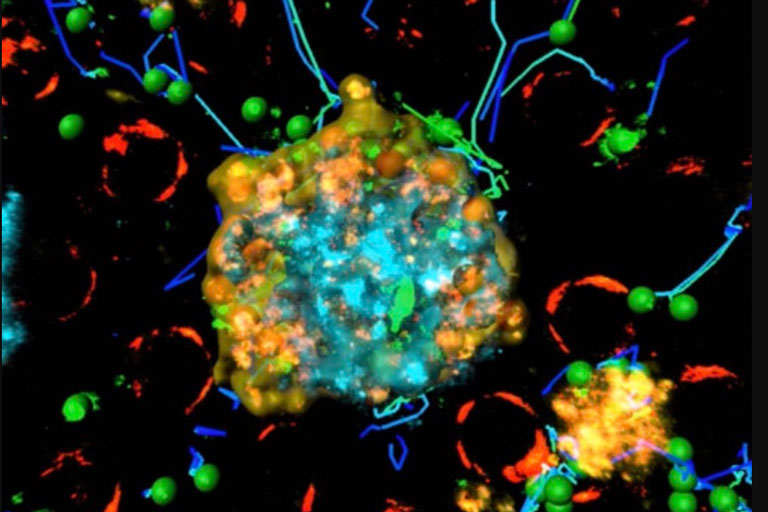Jan. 27 • 10 a.m. to 12 p.m.
Grants & Bagels NEH Fellowship Session One: Getting Started
In a round table format, discuss your proposed project with other faculty, grantsmanship experts, and past awardees. You will leave the session with a proposal development plan and new strategies for positioning your ideas. Deadline to register: Jan. 13.




